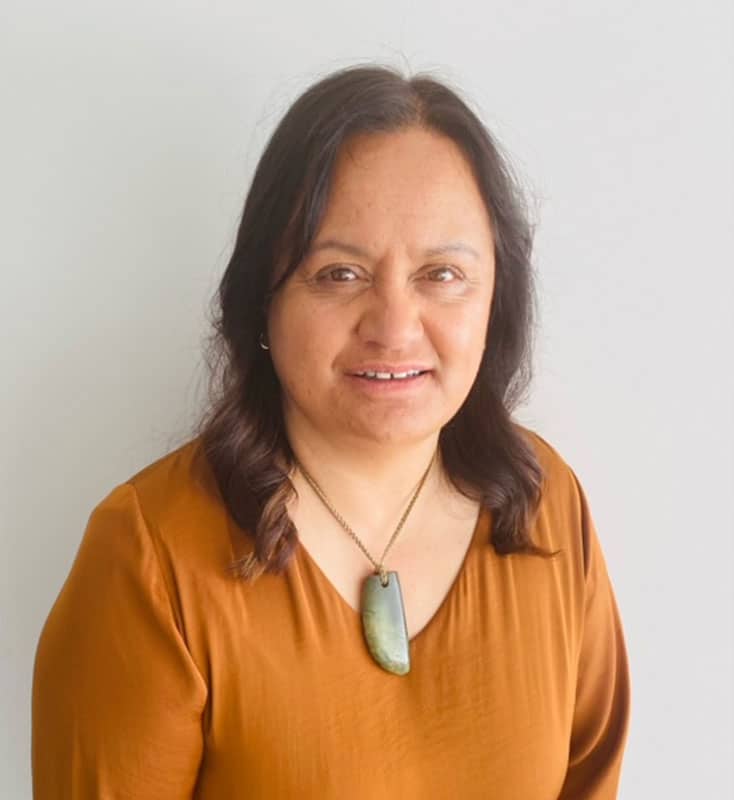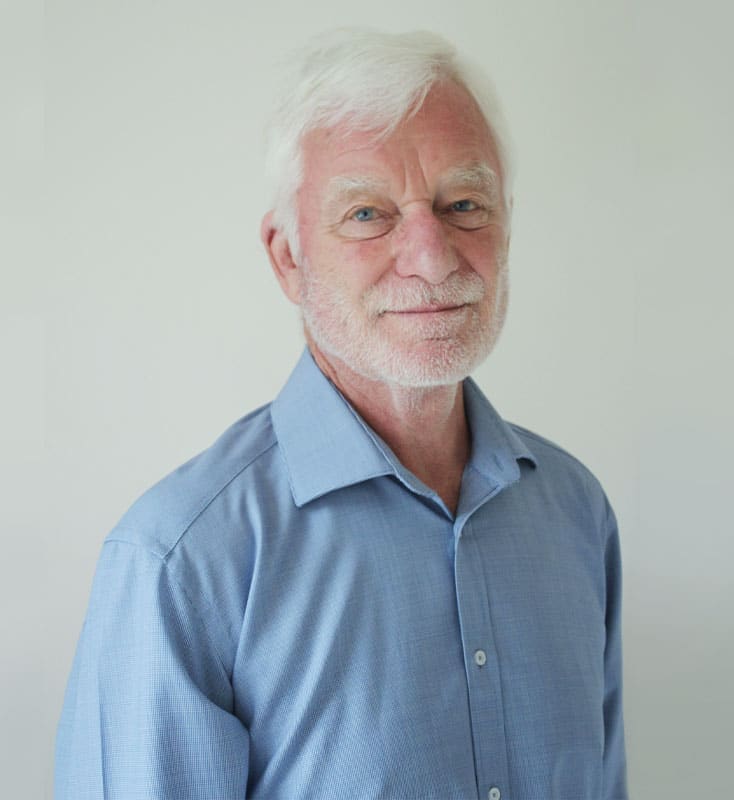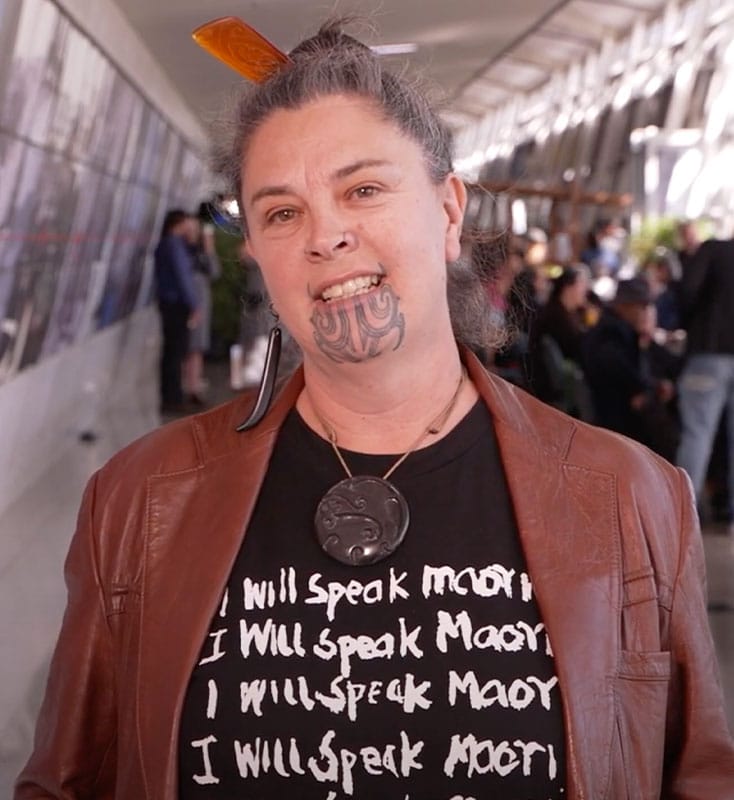Yates, A.
Culture Planning & Design
New Zealand Geographer, 77(2), 101–113
2021
Read Publication
This article provides a perspective to the discourse on spatial governance, environmental sustainability, and Indigenous rights.
By centring on Indigenous more-than-human ontologies, the paper offers a transformative approach to understanding and implementing spatial governance that respects and enhances the ecological well-being of both human and non-human entities. The concept of living well with and caring for more-than-human kin introduces a compelling ethical framework that challenges predominant settler-colonial practices, which have historically marginalised Indigenous worldviews and sovereignty. The paper is particularly relevant in the context of Aotearoa New Zealand, where the Te Tiriti o Waitangi provides a constitutional basis for recognising Māori sovereignty and by extension, Māori approaches to environmental stewardship and spatial planning. The author argues for a critical reassessment of current spatial governance models to ensure they are congruent with Indigenous ethical practices, especially in light of the pressing ecological challenges characterised by the term “Petrocene.” Furthermore, the exploration of well-being-led planning tools as mechanisms to embed Indigenous ontologies into the fabric of neighbourhoods and cities offers practical insights into how such a paradigm shift could be realised. These tools represent not only a means to reconfigure spatial governance but also an opportunity to foster more sustainable, equitable, and resilient communities in the face of global ecological crises.










